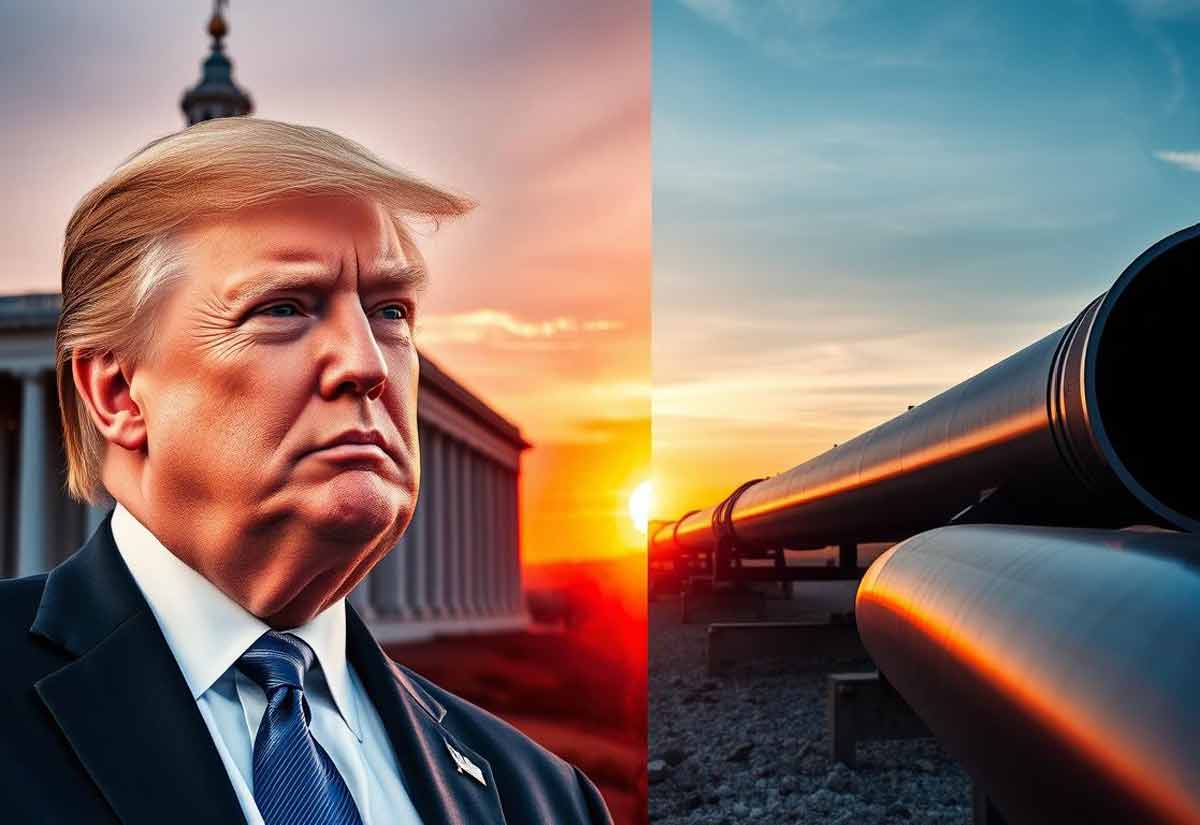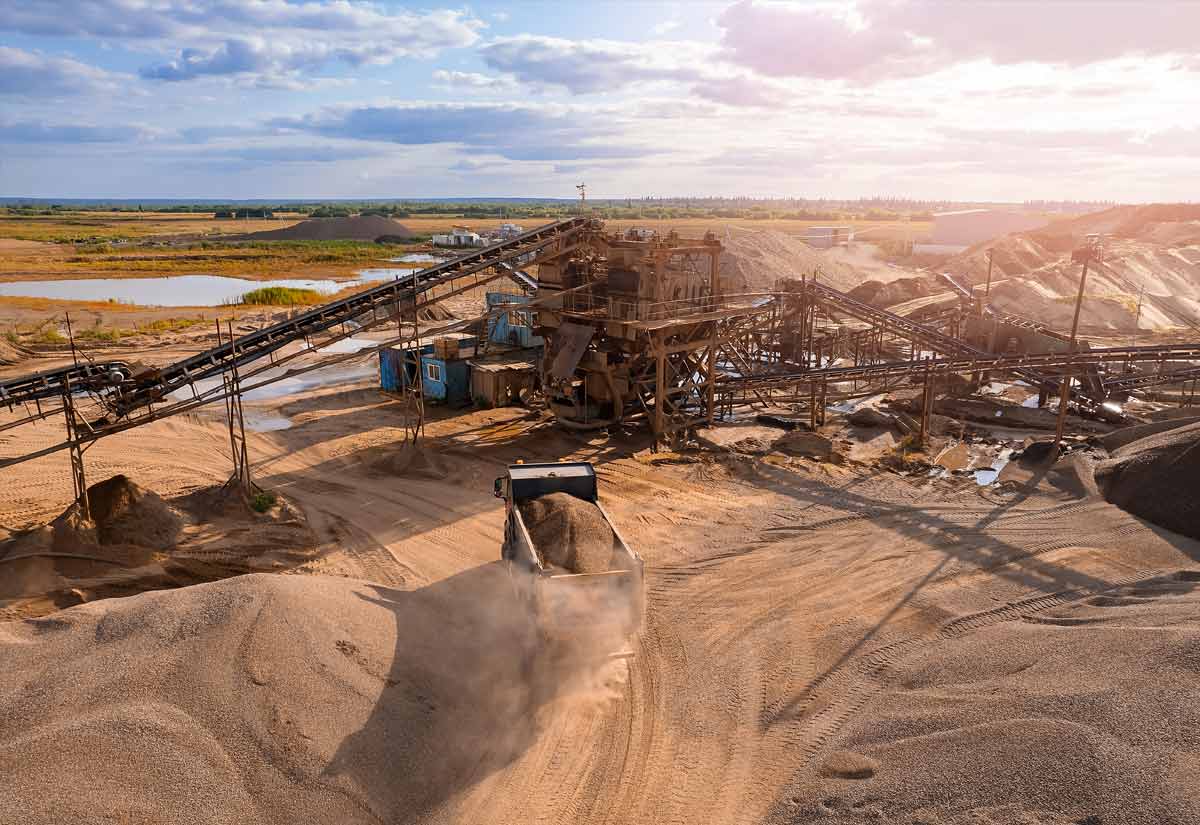The World Economic Forum (WEF) is predicting that the US will lead the world in post Covid-19 business insolvencies projected for 2021. “Insolvency” is defined as that sad scenario when a company is unable to pay off debts or meet bills for operational expenses. It’s important to note that corporate insolvency is not the same as bankruptcy, but it is the first step toward it. Should a company fail to secure additional funds to pay debts that are due (usually via taking on additional debt), they can then legally file for bankruptcy.
It will come as no surprise to those who keep their fingers on the pulse of world commerce that predicted insolvencies are directly proportional to the stringent restrictions and prolonged periods of Covid 19 shutdowns.
According to the September 28, 2020 World Economic Forum report, 2021 Will Set Off an Avalanche of Business Insolvencies, the worldwide germaphobic overreaction perpetrated by the Chinese Communist Party where the Wuhan virus originated, and CCP influence inside the World Health Organization since then, is “a time bomb” with effects that will increase business failures in the United States by 57%. Other countries with rigorous, perhaps disastrous Covid 19 shutdowns, won’t fare much better including communist China itself.
Projected Insolvencies By Nation in 2021
- United States 57%
- Brazil ………..45%
- UK……………43%
- China………..40%
- France………25%
The countries that avoided large scale, nationwide, extended shutdowns are the economically developed nations of East Asia and Germany. Incidentally, the countries who wisely worked through the dubious Covid 19 threat are also those projected to be least affected by the surge of insolvencies elsewhere around the world in 2021 including:
- Japan ……13%
- Germany…12%
- India……… 9%
- S. Korea…. 6%
The “time bomb” effect is explained by the fact that many countries skewed the numbers when they stopped requiring that businesses officially file for insolvency during the 2020 pandemic. That means the insolvency statistics showing a decrease in 2020 are invalid. According to the WEF report, Ron van het Hof, CEO of Euler Hermes in Germany stated;
“This time bomb will go off in the third quarter of the year at the latest and the shock waves are likely to spread into the entire first half of 2021.”
But post-shutdown recovery from insolvency and debt restructuring won’t be the only challenge faced by businesses in 2021, especially in the US where post-election year corporate tax burdens will need to be overcome in the blue states.
Migrating Companies and the 2021 Business Tax Climate
As the traditional blue state strongholds in the US seem determined to “redistribute” wealth with what can only be described as socialist tax policies, corporate tax climates for businesses in those states have moved from burdensome to hostile. According to Tax Foundation.org, New York, California, and New Jersey are the worst tax environments for businesses ranking at #48, #49 and #50 respectively.
State tax climate is an important factor that has many businesses questioning why they remain where they are. The US Department of Labor reports that the stiffest human resource job competition comes from other states. While job creation overseas is rapidly increasing as under-developed countries improve infrastructure, the report rightly noted that:
“State lawmakers need to be more concerned with companies moving from Detroit, Michigan, to Dayton, Ohio, than from Detroit to New Delhi, India.” – taxfoundation.org
In states like California, and especially in ultra-blue metros such as San Francisco, the Big Tech corporate tax base as well as the CEO’s who run the companies who pay into it are under attack. Recruiting for the C-suite in a San Francisco company might be quite a challenge with the new “income gap closer” tax that will target the best paid, and therefore arguably, the most talented CEOs. The tax will levy an extra 0.1% to 0.6% on gross receipts made in San Francisco for companies whose highest paid executive makes 100 times or more of its median worker’s salary. The CEO of any company with gross receipts over just $1.17 million will be in the crosshairs.
This subtly disguised “gross receipts tax” is the same type of business killer that chased Intel from California to Arizona where the more favorable corporate income tax environment provided the perfect haven for a multibillion-dollar chip-making facility. Short-sighted state tax legislation was also the motivation behind manufacturing giants such as General Electric bailing out of Connecticut after the governor approved increases to corporate taxes.
Governors like Texas’ Gregg Abbott are now looking forward to an influx of corporate relocations to Texas, thanks to a common-sense approach to the Covid 19 crisis including a timely brief shutdown of the state economy when the pandemic struck. Abbott then took a careful data-driven approach to the reopening of Texas businesses, an approach that was like rolling out the red carpet for businesses under siege in blue states on both US coasts.
Among the 196 corporate relocations underway in the Texas business pipeline are Tesla’s gigafactory, for which CEO Elon Musk is recruiting 5,000 workers to make Tesla the largest employer in Austin. The business-friendly environment in Texas brought 28 relocating companies in 2020 bringing 9,325 new jobs.
And nobody in Texas is talking about taxing the best performing CEOs with silly gross receipt taxes.
Resource Erectors For a Dynamic Workforce
When legislation, restrictions, and a turbulent uncertain corporate environment bring challenges for business and career, Resource Erectors brings over two decades of human resource experience to overcome those challenges. When the company or workforce is shifting, we have the professional recruiting connections in construction materials, mining, engineering, civil construction, minerals, the concrete industries and more. We place the top qualified candidates from the executive level to middle management to skilled field professionals in available positions in the US, Australia, and all across North America.
Over 80% of Resource Erectors placed candidates are still contributing to the success of their companies 5 years later. When you’re ready to overcome the challenges of the dynamic business climate of 2021 you’re ready for Resource Erectors so don’t hesitate to contact us today.












